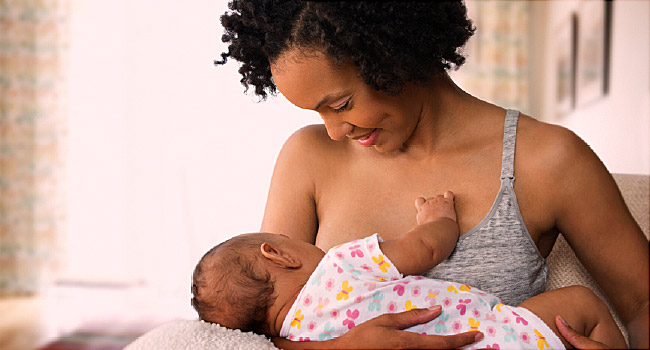By now, you’ve heard the news: The trillions of bacteria that inhabit your gut and other bodily regions can have a critical impact on your overall health. The same holds true for babies, new research shows.
“The microbiome is important for many aspects of health, from gut health to mental health to immune health, and we’re finding that the first couple of months of life is a really critical window for its development,” says Meghan Azad, a microbiome researcher and assistant professor of child health at the University of Manitoba.
Recent studies suggest that babies whose microbiome development is disrupted via a cesarean section delivery, early antibiotic use, limited breastfeeding, or other factors are at greater risk for a host of health conditions, including asthma and allergies, respiratory infections, irritable bowel disease, type 1 diabetes, and obesity. But they also suggest that no matter how a baby is delivered, parents can take steps to get baby’s bacterial ecosystem off to a good start.
Birth and the Microbiome
By the time people reach adulthood they host between 500 and 1,000 species of gut bacteria, many of them beneficial, which serve to fight off infection-causing microbes, digest food and metabolize nutrients, and interact with the central nervous system to influence mood and cognitive health. The foundation for that bacterial collection is established by age 3, and what happens in the first three months of life is key.
“Babies are born with essentially no microbiome and a very immature immune system, and the two develop together, informing each other,” says Azad, noting that the first microbes to colonize a baby’s gut, skin, and mouth help teach the immune system what’s harmful and what’s not. “When there are microbes missing, and that immune system doesn’t develop properly, there can be a greater risk of developing problems.”
Vaginal birth, when possible, marks a critical step, exposing an infant to a diverse array of mom’s bacteria as he or she passes through the birth canal.
“Babies born via cesarean section don’t get that same degree of exposure,” says Sara Edwards, PhD, a certified nurse-midwife and microbiome researcher at Emory University School of Nursing.

